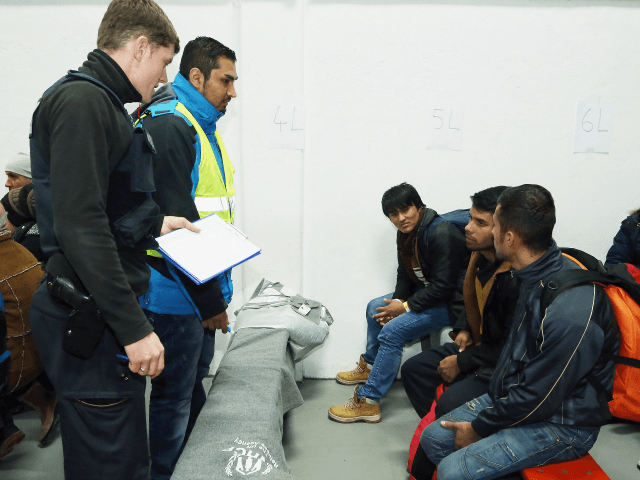Austria’s conservative People’s Party (OVP) and the right wing populist Freedom Party (FPO) have agreed to slash benefits for migrants and introduce five-year residency rules to curb welfare for European Union (EU) nationals.
Austria took in a huge number of asylum seekers, equivalent to more than 1 per cent of its population in 2015. The largest groups of arrivals into the nation have been Syrians, Afghans, and Nigerians.
The agreed policies – along with a commitment to the EU, budget discipline, and tax cuts – are being slated as the basis for a new right wing coalition agreement to form a ruling government.
The OVP got 31.5 per cent in October’s vote, with the FPO coming in third with 26 per cent, marginally behind the Social Democratic Party of Austria (SPO) on 26.9 per cent.
The FPO is led by the conservative firebrand Sebastian Kurz, who is set to become Europe’s youngest head of state, at 31, if the talks with the OVP are successful.
Austria’s new government will focus on “actively shaping the Austrian EU Council presidency and a commitment to further develop the European Union according to the principle of subsidiarity”, FPO chief Heinz-Christian Strache said at a news conference with Mr. Kurz in Vienna on Friday, reported by Reuters.
“We are jointly committed to ensuring sustainable financing as the basis of our work,” Mr. Kurz added. The goal was “not to spend more than is earned”. Details will be negotiated between the parties, he said.
During the election campaign, Mr. Kurz promised to protect European “Christian culture” and control mass migration and both parties called for tax cuts for low earners and for companies.
To make the appropriate savings, they plan to slash welfare benefits for migrants and are considering introducing a five-year residence qualification for citizens of other EU countries to be eligible for welfare payments in Austria.
Three of Austria’s nine provinces have already cut benefits for new arrivals, saying the system was being overstretched by the massive influx of migrants.
Austria’s new government is set to take the rotating EU Council presidency for six months from July 2018.

COMMENTS
Please let us know if you're having issues with commenting.